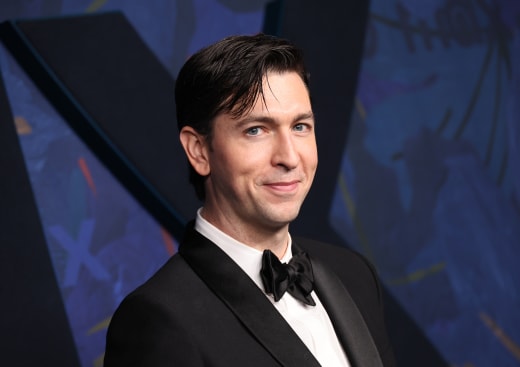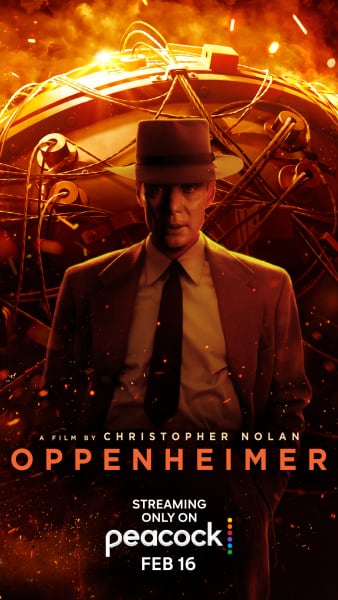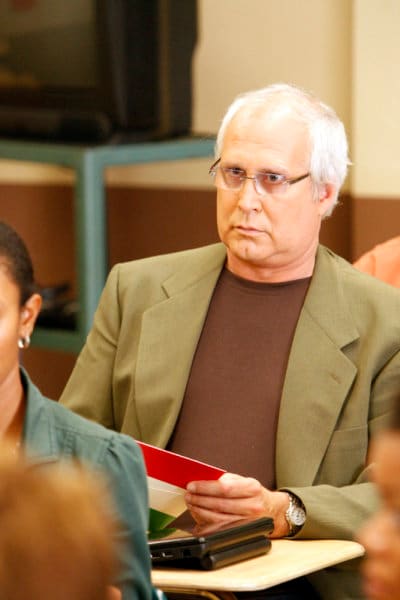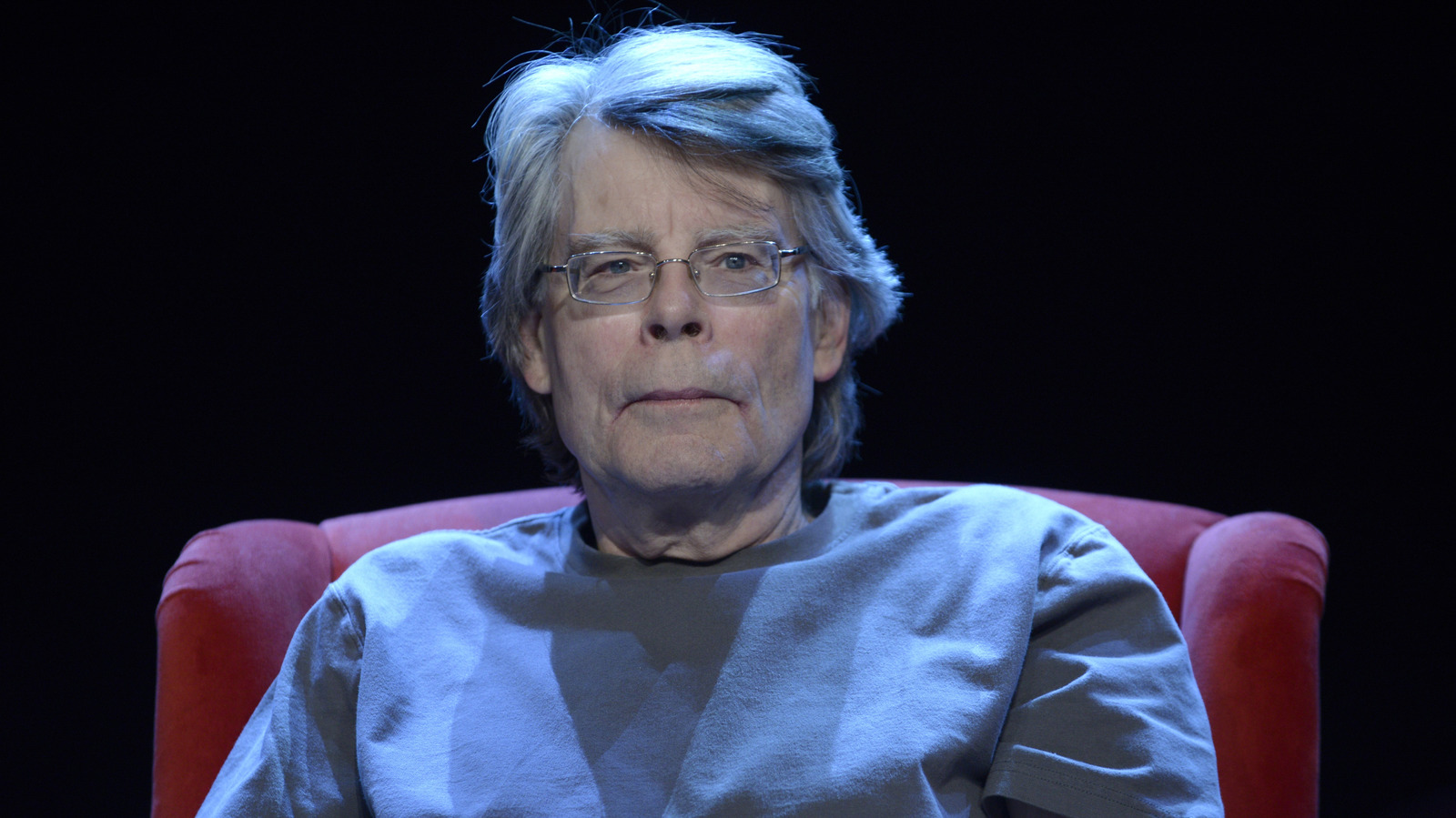The 2007 John C. Reilly comedy Walk Hard: The Dewey Cox Story has become a cult hit in recent years, largely as a result of the skill with which it dissects and eviscerates the genre it satirizes.
The film so deftly laid bare the tropes and cliches of the rock star biopic that many predicted it would forever change the way filmmakers approached stories about dead celebs.
And for a while, it seemed like the trick had worked.

Leaving aside for a moment any discussion about the quality of these films, there’s no denying that Elvis, Blonde, Maestro, Jackie, Priscilla, and Oppenheimer all offered new takes on a very familiar subgenre.
(That last one, admittedly, is a bit of an outlier, as we’re not sure if a theoretical physicist — even one who altered the course of world history — can properly be called a celebrity.)

But in recent years, the spell of Dewey Cox was broken, and the parties responsible for cinema’s most notoriously formulaic subgenre returned to their old tricks.
I Wanna Dance With Somebody, George & Tammy, Bohemian Rhapsody, and, most recently, Bob Marley: One Love have all returned to the more traditional biopic formula, with mixed results.
And a disturbing new trend has surfaced in which filmmakers create biographical movies with the goal of gaining the approval of the subject’s surviving loved ones — or the folks who control access to the star’s body of work.
That’s why Elvis glossed over the music legend’s self-destructive final years, and why the surviving members of Queen were all steadfastly sober and monogamous throughout Freddie Mercury’s years of overindulgence.
The current state of the biopic has fans feeling anxious about upcoming projects that focus on the lives of Michael Jackson, the Beatles, Amy Winehouse, and the early stars of Saturday Night Live.

Yes, SNL 1975 isn’t your traditional biopic, in that it focuses on the rise to fame of many troubled stars rather than just one talented but unfortunate soul.
It’s a sort of ensemble biopic, which is fitting for a show that’s served as a launch pad for countless careers over the course of its half-century on the air.
Appropriately, director Jason Reitman is assembling a cast of talented young up-and-comers to portray the original “not ready for primetime players.”
Just today, it was announced that Succession’s Nicholas Braun has signed on to play Jim Henson and Casual’s Tommy Dewey will portray the show’s first head writer, Michael O’Donoghue.
Braun and Dewey join a stacked roster that includes Rachel Sennott as writer Rosie Shuster, Gabriel LaBelle as Lorne Michaels, Dylan O’Brien as Dan Aykroyd, Cory Michael Smith as Chevy Chase, and Cooper Hoffman as NBC exec Dick Ebersol.

You might not be familiar with each of those names, but they’re all highly regarded talents, and fans are eager to see who Reitman will bring in for the still-uncast roles of Gilda Radner, John Belushi, and Al Franken (who worked on the show’s very first writing staff).
But there are concerns, as well.
For starters, Reitman’s CV is something of a mixed bag with an early string of hits (Thank You For Smoking, Juno, Up in the Air, Young Adult) followed by a recent succession of misses (Labor Day; Men, Women, and Children; The Front Runner; Ghostbusters: Afterlife).
On top of the mixed reaction to Reitman’s latest projects, there are fears that SNL: 1975 will fall victim to the current trend toward hagiography.
After all, many influential figures from the show’s first season — including Michaels, Aykroyd, Chase, and Franken — are still among the living.

Others, like Radner and Belushi are no longer with us, but are still so widely beloved that portraying them in anything other than a flattering light might prompt a public outcry.
The early stars of SNL were an infamously hard-partying bunch, and it would be impossible to tell the story of the show’s first season without depicting the widespread substance abuse that took place offstage.
We’re sure Reitman would never gloss over all that vice entirely, but might he feel tempted to treat his central subjects with kid gloves?
We would never lob “nepo baby” allegations at Reitman, who has proven himself to be a gifted filmmaker.
But there’s no denying that the director has a rather personal connection to the material here.

Jason’s late father, Ivan Reitman, was one of the most successful filmmakers of the ’80s and ’90s, and he worked closely with several early SNL stars.
The elder Reitman directed Meatballs, Stripes, Ghostbusters, and Ghostbusters II, all of which starred Bill Murray, who joined the SNL in the show’s second season.
Obviously, none of this means that Jason Reitman will necessarily go easy on the stars of ’75. In fact, that same personal connection to the source material might make him uniquely qualified to direct a film about the birth of one of TV’s most influential shows.
But hopefully, Reitman will be steadfast in his resistance to studio notes because if the past few years are any indication, execs are very invested in returning the biopic to its dark ages.
What do you think, TV fanatics? Can Jason Reitman buck the trend and deliver a worthwhile SNL flick? Hit the comments section below to share your thoughts!
Edit Delete
Tyler Johnson is an Associate Editor for TV Fanatic and the other Mediavine O&O sites. In his spare time, he enjoys reading, cooking, and, of course, watching TV. You can Follow him on X and email him here at TV Fanatic.



.png)



